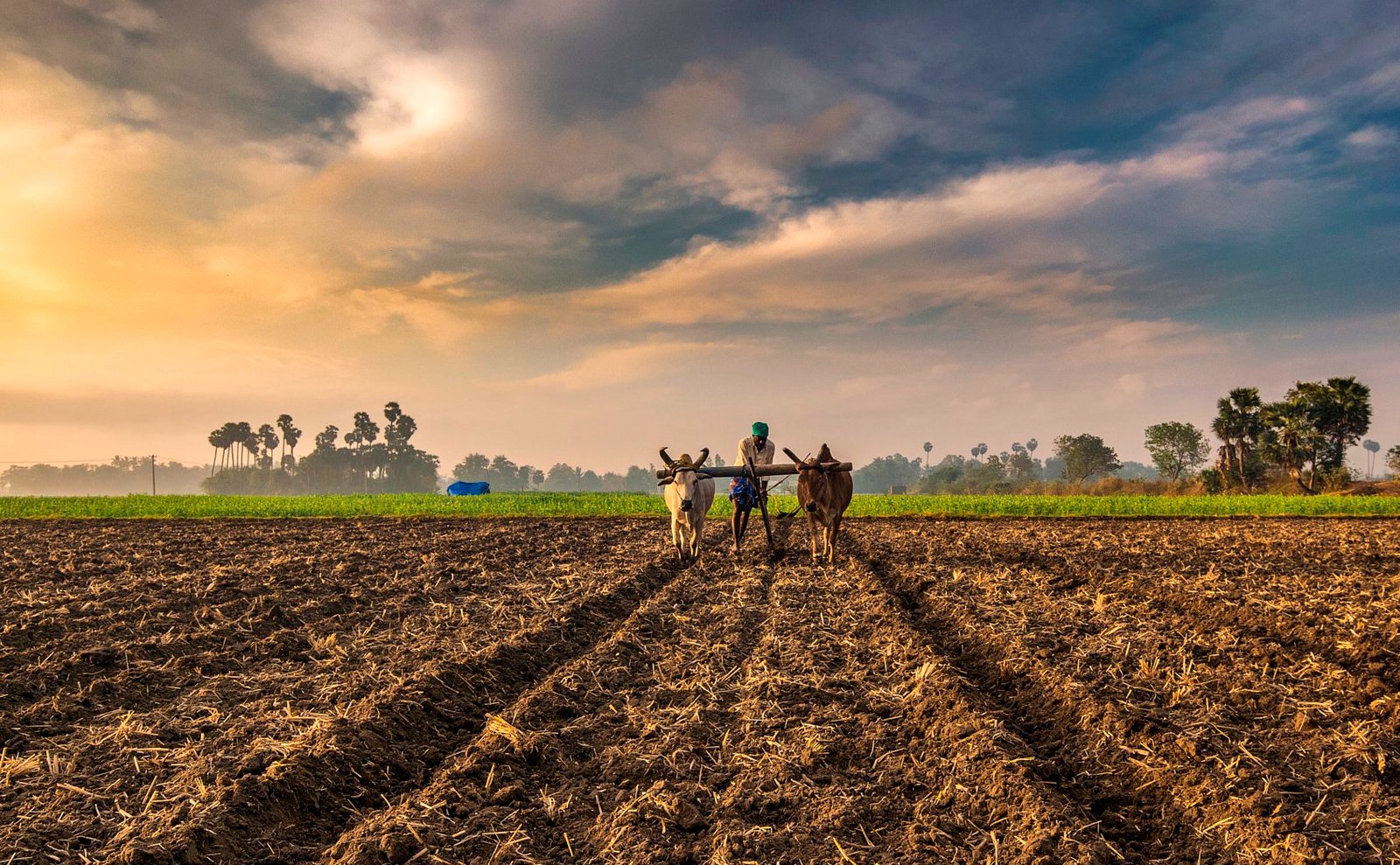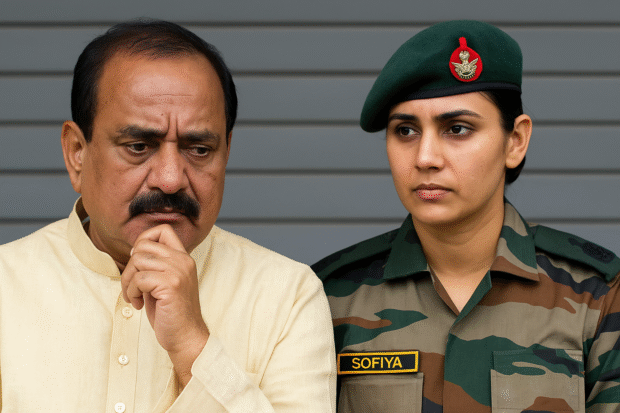
Agriculture in India is undergoing a quiet yet powerful transformation. Beyond the mainstream narrative of industrial farming, a growing movement honors the Earth, embraces local wisdom, and fosters resilience against climate change. Leading this transformation are remarkable individuals who see farming not just as an occupation, but as a spiritual and ecological responsibility.
Today, we introduce you to three inspiring figures: Krishna McKenzie, Sabarmatee Tiki, and Amai Mahalinga Naik—people who prove that a deep connection with nature, hard work, and innovative thinking can restore our land and food systems.
Krishna McKenzie: The Farmer Who Sings to the Soil
In the heart of Auroville, a man doesn’t just farm—he lives and breathes the philosophy of natural agriculture. Krishna McKenzie, originally from the UK, found his true home in India, immersing himself in Tamil culture, food, and farming traditions. Rather than imposing modern farming methods, he embraced the wisdom of the land.
His farm, a lush and abundant paradise, reflects his deep love for local food. He believes the real problem with our food system isn’t just chemicals and pesticides but our disconnect from what we eat. Through his work, he encourages people to rediscover forgotten edible plants and traditional crops that naturally grow in abundance.
But what truly sets Krishna apart is his unique teaching approach. His workshops go beyond farming—they focus on relearning our relationship with food and the land. He doesn’t just talk about sustainability; he embodies it. And when he picks up his guitar, blending Tamil folk influences with his musical style, you can feel the energy of the Earth flowing through his songs.
Sabarmatee Tiki: The Guardian of Indigenous Seeds
If there is one woman tirelessly preserving India’s indigenous farming heritage, it is Sabarmatee Tiki. Her life’s work revolves around reviving traditional crops and restoring degraded lands into thriving organic farms.
Raised in a family that deeply respected nature, she witnessed how modern agricultural practices were erasing native crops and harming biodiversity. Instead of standing by, she took action—preserving thousands of traditional seeds, supporting local farmers, and regenerating the soil through organic methods.
Her approach is holistic and community-driven. She doesn’t just plant seeds in the soil; she plants knowledge in farmers and young minds, ensuring these traditions endure. For her, farming is not just about food production; it’s about restoring balance between humans and nature.
Amai Mahalinga Naik: The Self-Taught Water Warrior
In the hills of Karnataka, where farming was once deemed impossible, Amai Mahalinga Naik single-handedly proved otherwise. With no formal education, scientific training, or external support, he transformed barren land into a lush oasis through sheer determination.
The biggest challenge? Water. In a drought-prone region where farming seemed unfeasible, Naik refused to give up. Instead of waiting for government solutions, he picked up a shovel and started digging tunnels—by hand—to access underground water sources.
His perseverance paid off. Over time, his land flourished with fruit trees, spices, and lush crops. His story isn’t just about farming; it’s a testament to resilience, hard work, and an unbreakable bond with the land.
A Shared Vision for India’s Future
What makes these three individuals so powerful is not just their personal success—it’s the larger message they send to all of us.
- Krishna reminds us that food should be local, fresh, and deeply connected to our cultural roots.
- Sabarmatee teaches us that preserving indigenous seeds isn’t just an agricultural issue—it’s about protecting India’s heritage and food security.
- Naik proves that no obstacle—be it drought, lack of education, or limited resources—can stop someone truly committed to working in harmony with nature.
Together, they represent the future of Indian farming—one that is self-sufficient, rooted in tradition, and resilient against modern challenges. Their stories remind us that we don’t need large-scale industrial solutions; the answers are already within our lands, cultures, and hands.
Time to Reconnect with Our Roots
These extraordinary individuals prove that sustainable farming isn’t a trend; it is a way of life that has existed in India for centuries. But for it to thrive, more people—especially younger generations—must reconnect with nature, support local farmers, and rethink food consumption.
If these stories inspire you, start small:
- Grow a plant.
- Buy from local farmers.
- Reduce food waste.
- Learn about the ingredients in your meals.
Because in the end, the health of our land is the health of our future.
















Be the first to leave a comment